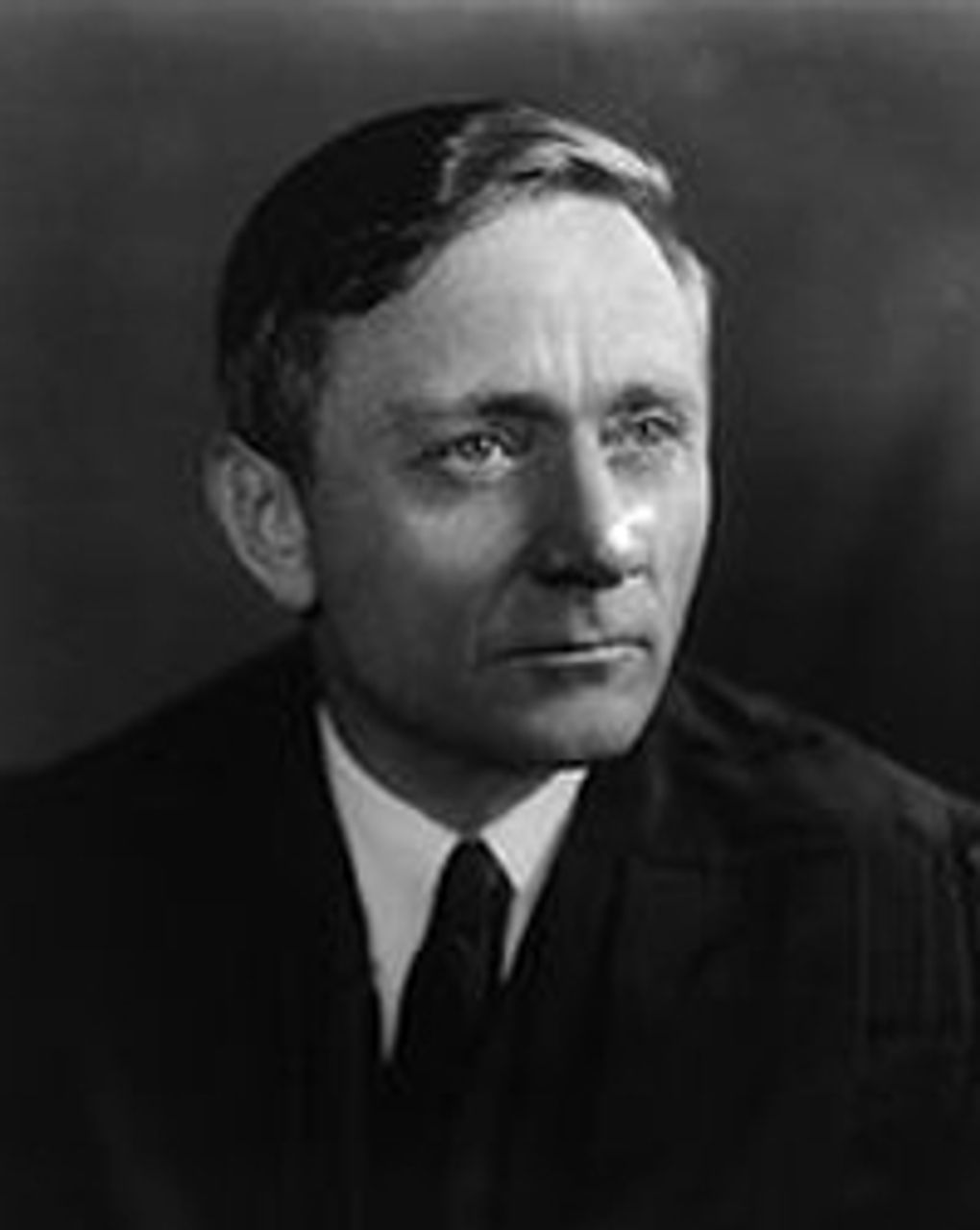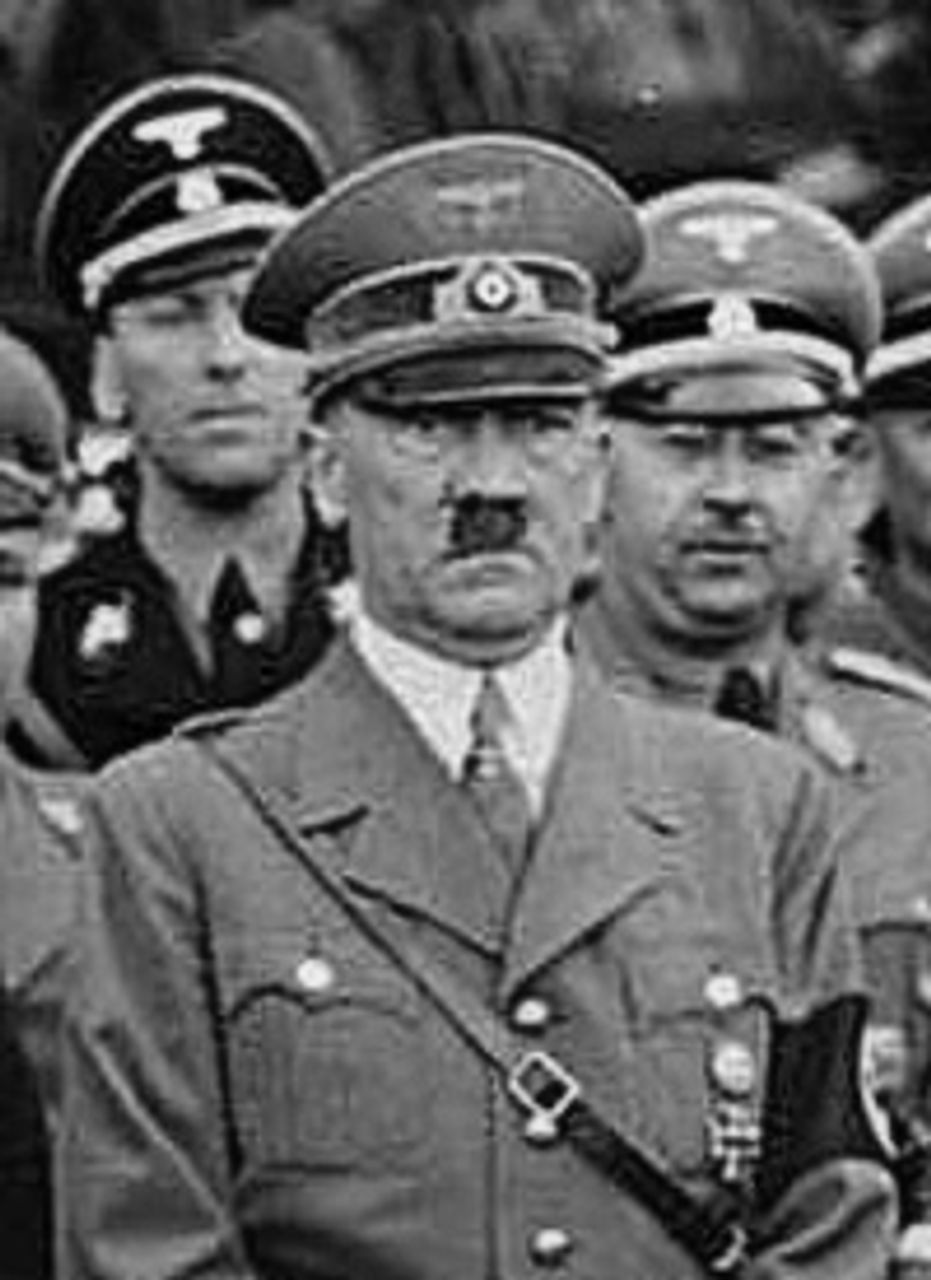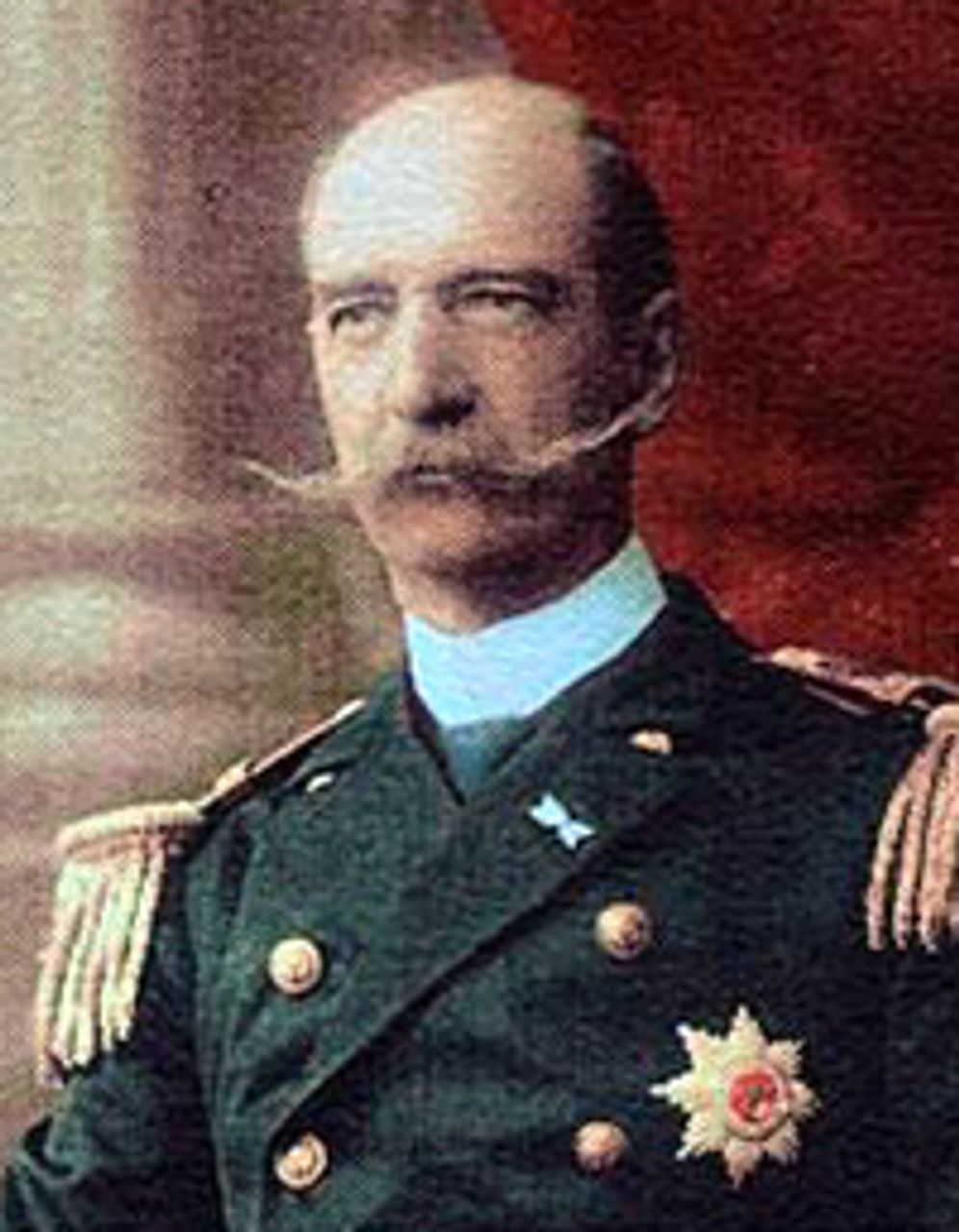This Week in History provides brief synopses of important historical events whose anniversaries fall this week.
25 Years Ago | 50 Years Ago | 75 Years Ago | 100 Years Ago
25 years ago: Noriega defies continued US attempts at ouster
 Manuel Noriega
Manuel NoriegaIn meetings on March 19, 1988 with US state department officials in Panama City, General Manuel Noriega rejected a US offer of amnesty on drug charges in exchange for relinquishing his rule and leaving the country. The previous month, Noriega was indicted by two US grand juries on 12 counts of racketeering, drug trafficking, and money laundering. He was charged with helping the Colombian Medellin drug cartel transport more than two tons of cocaine into the US in return for a $4.5 million cut.
Noriega’s drug activities were part of the perks of assisting the US in the assassination of previous Panamanian leader Omar Torrijos in 1981. Not only did the US know of the drug dealings, they were a source of funding for the Contra war in Nicaragua.
But Noriega became an embarrassment to the US. Two unsuccessful attempts at his ouster were orchestrated by the state department in March. The latest, on March 16, was an attempted coup by Panamanian Chief of Police Colonel Leonidas Macias. In a statement on March 22, the White House made it clear it supported the attempt.
Earlier in the month, after the failure of the first ouster attempt, the US imposed economic sanctions, cutting off the flow of money. This resulted in the government’s failure to pay 145,000 workers—one-fifth of Panama’s workforce—driving thousands to take to the streets in protest. The anti-Noriega demonstrators clashed with the regime’s hated “Doberman” riot police, answering teargas attacks with barrages of bricks, bottles and rocks.
Later, on March 29, White House spokesman Marlin Fitzwater announced that the US was “willing to take a look at all the hard options.” However, at that time, there were divisions within the government over plans to send troops to oust the regime.
50 years ago: US Supreme Court upholds right to counsel, one-man one-vote
 William O. Douglas
William O. DouglasOn March 18, 1963, the US Supreme Court handed down two decisions safeguarding democratic rights.
In Gideon v. Wainwright a unanimous court ruled that defendants have an absolute right to legal counsel, and in cases where the accused cannot afford an attorney, states are required to provide them with legal services. The case was brought on behalf of a Florida prisoner, Clarence Gideon, convicted of theft and jailed for five years in a trial in which he had no lawyer to represent him.
The decision strengthened the right to legal counsel spelled out in the US Constitution’s Sixth Amendment (part of the US Bill of Rights) and the Fourteenth Amendment. The latter was ratified in the Reconstruction period after the US Civil War to guarantee of the rights of freed slaves.
In Gray v. Sanders, the Supreme Court struck down the system of voting whereby states substituted counties for the votes of individuals. “The conception of political equality... can mean only one thing— one person, one vote,” wrote Justice William O. Douglas in the 8-1 decision. The ruling reversed a practice in Georgia and a few other southern states dating back to the imposition of the Jim Crow segregation system, whereby Democratic Party primaries—which inevitably selected the winner for the general election—apportioned winner-take-all unit votes to counties in such a way as to diminish the votes of more populous counties and exaggerate voting power in more rural counties.
The liberal tendency of the “Warren Court” (1953-1969)—named after the tenure of Chief Justice Earl Warren—to rule in favor of the rights of the individual versus the state in voting and civil rights cases corresponded with the period of reform in American history associated with the postwar boom. In the broader history of the Supreme Court it was an anomalous period: the highest judicial body in the US, for most of its history, had been the most reactionary of the three bodies of federal power.
75 years ago: Hitler justifies annexation of Austria
 Hitler
HitlerIn a speech to the German Reichstag on March 18, 1938, in a tone described as “semi-hysterical” by the press, Adolf Hitler told a world audience that the military annexation of Austria and the subsequent incorporation ( Anschluss ) of that former nation state into a Greater Germany was a move towards ethnic German self-determination. Unopposed by an Austrian military which had been ordered to stand down, the German army marched into Austria on March 12 and a triumphant Hitler, together with his entourage, was driven into the Austrian capital Vienna on March 15.
In his speech to the Reichstag, Hitler described the occupation of Austria as the “fulfillment of the supreme historical commission,” before ominously stating, “Germany only wants peace, but she is ready however to give her last man for her honor and her existence.” Hitler announced an April 10 plebiscite for both the German and Austrian populations on Anschluss .
By March 17, the Nazi regime was announcing that laws promulgated by the German state would apply to the territory formerly known as Austria. These laws included rules forbidding the formation of any new political parties within Germany, preserving in law the unity between state rule and the Nazi party, and forcing adherence to the Nazi “Four year plan.”
A communiqué issued by the World Jewish Congress stated that the persecution of Jews in Austria was more brutal than even hitherto against Jews within Germany itself. Hundreds of Jews were arrested during the initial days of German occupation. Some prominent Jewish Austrians took their own lives in the aftermath of the fascist invasion. Writer and actor Egon Friedell committed suicide on March 16, 1938 by throwing himself out of a window after SA stormtroopers came to his house to arrest him.
100 years ago: King George I of Greece assassinated
 King George of Hellene
King George of HelleneOn March 18, 1913, King George I of Greece was assassinated in Thessaloniki. George, born Prince William of Schleswig-Holstein-Sonderburg-Glücksburg in Copenhagen, was the second son of Denmark’s King Christian XV. He was installed in 1863 as the King of Greece by the National Assembly of Greece, with the support of Great Britain, which transferred to Greece seven Ionian Islands that had been in Britain’s possession since 1815.
Greece became a constitutional monarchy in 1864, modeling its new constitution on the Belgian charter of 1830. In 1875, King George accepted the power of parliament to select the prime minister and the government, as urged by his political advisors. In 1897, George led Greece in a short war against the Ottomans over Crete. Although Greece lost this war, it secured autonomy for Crete with support from Britain.
In 1909, amid rising anti-monarchist sentiment, there was an unsuccessful attempt at a military coup. In 1911, the constitution was revised to include minor technical amendments that did not fundamentally alter the existing relationship between the monarchy and parliament.
The Balkan wars in 1912 saw Greece, Bulgaria, Serbia and Montenegro—the Balkan League—allied against the weakened Ottoman Empire. Conflicts between the allies in the League over the division of the spoils from the Ottoman Empire continued to grow. Greece and Bulgaria were unable to reach an agreement regarding possession of Thessaloniki, which they both sought for themselves. However, the Ottomans surrendered Thessaloniki to Greece on November 8, 1912, to the consternation of the Bulgarians, who arrived a day later.
As he walked home with his aide-de-camp, guarded by two Cretan gendarmes, King George was shot at close range by Alexandros Schinas. The Times of London reported March 19 that Schinas was “said to belong to a socialist organization.” However, a political motivation for the assassination was denied by the Greek government. Schinas was tortured in prison and six weeks later “committed suicide”, falling to his death from a policestation window.
